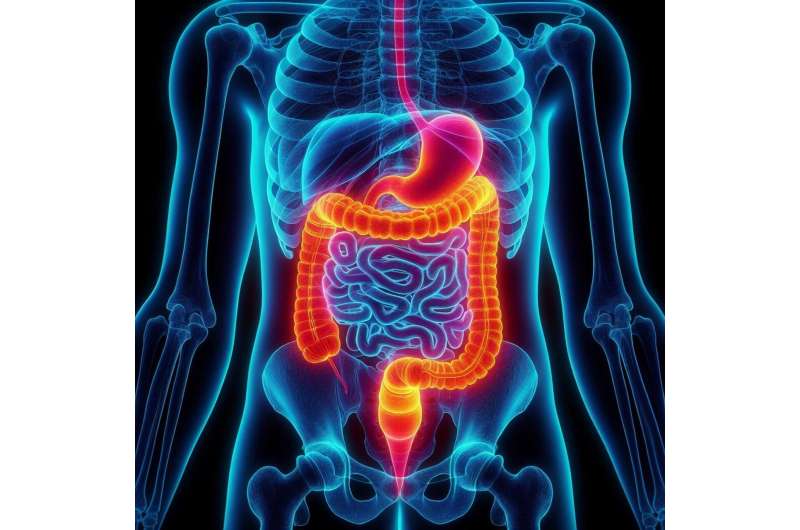Resilience of Ambulance Staff During COVID-19: Insights from a Swansea University Study

A Swansea University study reveals the resilience and emotional challenges faced by ambulance staff during COVID-19, emphasizing the need for flexible, supportive emergency services in future crises.
A recent study conducted by Swansea University has highlighted the significant emotional and operational challenges faced by emergency ambulance personnel across the United Kingdom during the COVID-19 pandemic. Part of the TRIM project, which evaluates the safest and most effective triage models for managing suspected COVID-19 calls, this research sheds light on how frontline responders adapted their practices under extreme pressure.
Led by Professor Helen Snooks, the study involved qualitative interviews with 25 emergency responders, including paramedics, call handlers, and hospital clinicians across four NHS ambulance services and their regional hospitals. The research identified four key themes:
- Prioritizing urgent care while minimizing physical contact to reduce infection risk.
- Transitioning to remote triage assessments, replacing traditional face-to-face evaluations.
- Encountering systemic disruptions that complicated patient flow and operational logistics.
- Experiencing significant mental and emotional strain, including psychological pressure and ethical dilemmas.
One call handler described their experience as profoundly difficult, often overwhelmed by the emotional toll of their work. Despite these challenges, a strong sense of pride and resilience was evident among staff. An ambulance service manager praised the adaptability and dedication of frontline teams, noting their extraordinary response during the crisis.
Dr. Alison Porter, a co-researcher, emphasized that emergency ambulance services already operate in high-stakes environments, but COVID-19 amplified these pressures exponentially. The study underscores the importance of flexibility, compassion, and psychological support for emergency staff in future crises.
Dr. Mike Brady from the Welsh Ambulance Service highlighted that understanding these experiences can inform improvements in clinical models, system readiness, and pandemic preparedness. The findings advocate for ongoing research and resource allocation to ensure frontline responders are supported and prepared for future public health emergencies.
These insights, published in the Emergency Medicine Journal, provide valuable lessons for healthcare systems aiming to enhance response strategies and staff wellbeing during high-pressure situations.
Stay Updated with Mia's Feed
Get the latest health & wellness insights delivered straight to your inbox.
Related Articles
Innovative Antibiotic Developed for IBD Using AI Prediction and Discovery
Scientists at McMaster and MIT have discovered a targeted antibiotic for IBD using AI to predict how the drug works, accelerating development and enhancing precision medicine.
Revolutionary Breath Sensor Could Simplify Diabetes Diagnosis
A groundbreaking breath sensor developed at Penn State offers a quick, non-invasive method to diagnose diabetes by measuring acetone levels in exhaled breath, promising more accessible screening.



